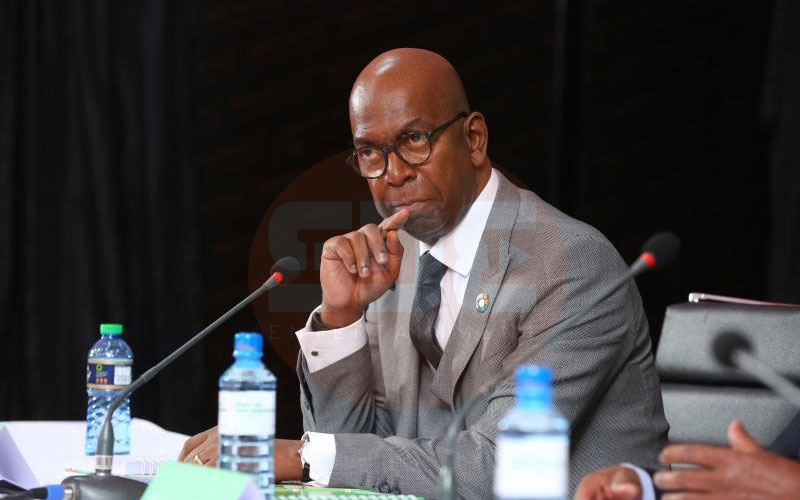×
The Standard e-Paper
Stay Informed, Even Offline

NAIROBI, KENYA: Let me first intimate my first meeting with Bob Collymore. I was then working for Gina Din Corporate Communications as an Account Manager for Safaricom when Bob joined the celebrated blue-chip company in East Africa.
We had already done the first press briefing to usher him into the public domain and as usual, an onboarding was to be done by the Agency so he would know whom he would be working with when it came to PR matters.